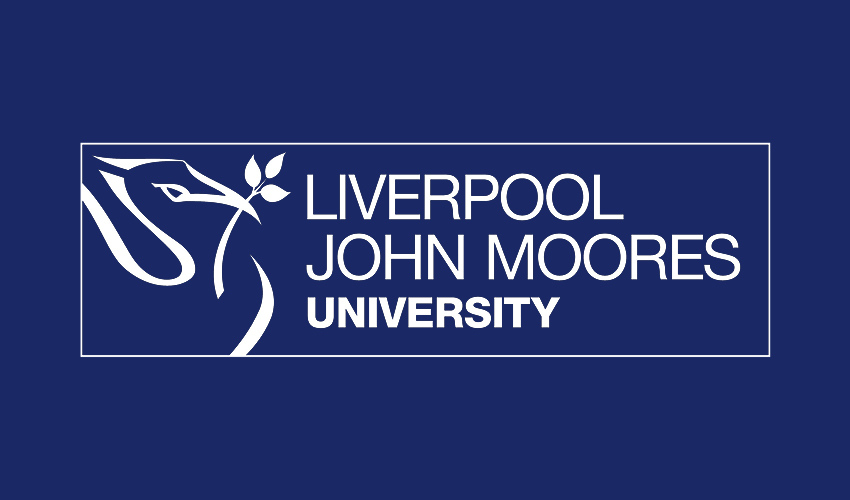About Bsc (hons) Biomedical Science in Liverpool John Moores University
As a Biomedical Science student, you will cover the broad areas of human bioscience and diagnostic science, including medical microbiology, immunology, histology, haematology, medical genetics and cancer alongside basic sciences such as biochemistry, physiology, molecular and cell biology. Laboratory work is an important part of this course, giving you the high-level skills and understanding required of a biomedical scientist by the time you graduate.
You may consider taking the more practical applied biomedical sciences route, in which case we organise visits to hospital labs during your first year to help you decide. Acceptance onto this route is by competitive application. If successful, you will spend about 1,000 hours over three years working in a local NHS laboratory and gaining academic credit for your work-based study.This will take the form of long summer blocks in a relevant laboratory with further attendance during your final year of study. If you decide not to take this option we encourage you to undertake a year’s work placement or a shorter placement between your second and third years to gain experience.
One of the advantages of being accredited by the Institute of Biomedical Sciences is that you can join the Institute as an eStudent and have access to their resources to help with your course and career development. They also award a prize to the best biomedical science graduate and to other students who have shown particular promise.
Entry Requirements
-
A Higher Secondary Certificate/Standard 12/Indian School Certificate (Year 12)
or
All India Senior School Certificate Examination with a minimum of 65% (60% in Maths and your chosen subject and 70% in English)
English language requirements
-
IELTS :6.0 Overall with 5.5 in each component
-
TOEFL IB : 78 Overall with R18, W17, L17, S20
Liverpool John Moores University Highlights
| Type |
Public University |
| Campus Setting |
Urban |
| Establishment year |
1823 |
| Location |
Liverpool, England |
| Student population |
23,200 |
| Faculties |
5 |
| Student to faculty ratio |
15:1 |
| Accommodation |
Available |
| Application mode |
Online |
| Document submission mode |
Online |
| Courses offered |
UG bachelor, PG masters PhD; certificates, dual degrees, distance learning, foundation+ |
| Official website |
www.ljmu.ac.uk |
| International scholarships |
Available |
| Work study |
Available |
Liverpool John Moores University Cost of Attendance
Given here is a detailed breakdown of the basic expenses.
| For Undergraduate Students |
| Foundation programmes |
GBP 11,000 |
| Classroom Based |
GBP 15,600 |
| Laboratory based |
GBP 16,100 |
| Industrial placement year |
GBP 3,650 |
| For Graduate Students |
| Laboratory based |
GBP 16,100 |
| Classroom based |
GBP 15,600 |
The weekly living expenses are tabulated below:
| Type of accommodation |
Price |
| Standard shared bathroom |
GBP 90 |
| Bronze En-suite |
GBP 127 |
| Standard En-suite |
GBP 112-114 |
| Self-contained studio |
GBP 169 |
